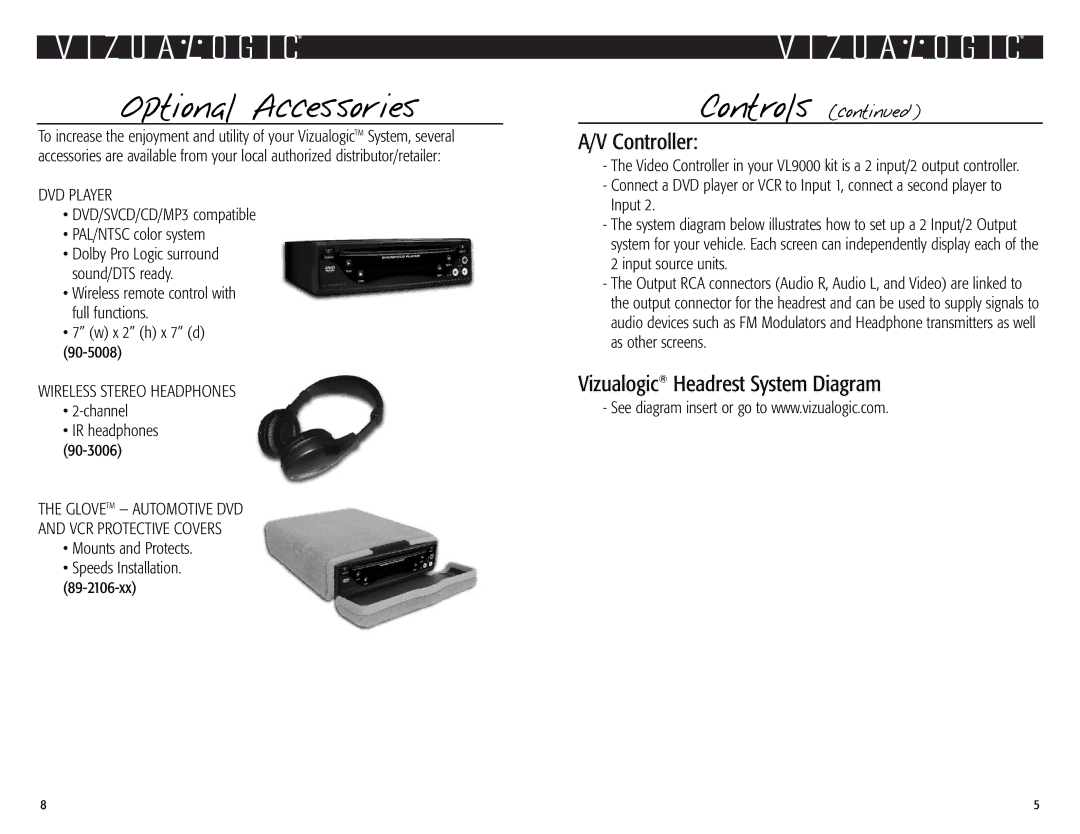2004 specifications
Vizualogic 2004 was a significant development in the realm of interactive digital entertainment, primarily noted for its innovative features and user-friendly interface. Designed as a multimedia platform, Vizualogic 2004 combined state-of-the-art technology with an engaging approach to interactivity, making it a popular choice for educational purposes, corporate presentations, and personal use.One of the standout features of Vizualogic 2004 was its intuitive user interface. The software employed a clean design that facilitated easy navigation for users of all ages and technical backgrounds. This accessibility was crucial for schools and organizations seeking to incorporate digital media into their curricula or training programs. Through drag-and-drop functionalities and straightforward menus, users could efficiently create and manage presentations or educational content without requiring extensive technical skills.
The multimedia capabilities of Vizualogic 2004 were exceptional for its time. It supported a broad range of file formats, allowing users to incorporate images, video, and audio seamlessly into their projects. This flexibility enabled educators to design interactive lessons that were not only informative but also captivating for students, thereby enhancing the overall learning experience.
Moreover, Vizualogic 2004 boasted advanced graphic rendering technologies. The platform utilized vector graphics, which allowed for smooth scaling and editing without loss of quality. This feature was particularly useful for users who needed to create visually impressive graphics for their presentations or educational materials.
Another notable aspect of Vizualogic 2004 was its collaborative features. The software allowed multiple users to work on projects simultaneously, a game-changer for team-based projects and classrooms. This collaboration fostered a shared learning experience, encouraging communication and teamwork among users.
Additionally, Vizualogic 2004 included a comprehensive library of templates and pre-designed content. This resource allowed users to kickstart their projects quickly, saving valuable time while ensuring professional-looking results. The library catered to various fields and subjects, making it a versatile tool for a wide audience.
In conclusion, Vizualogic 2004 marked a significant step forward in interactive digital media. Its user-friendly interface, exceptional multimedia capabilities, advanced graphic technologies, and collaborative features combined to create a powerful tool for education and presentation. As technology has continued to evolve since then, Vizualogic 2004 remains a notable example of the innovation and foresight present in the early 2000s digital landscape.

